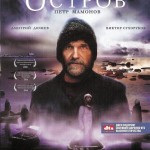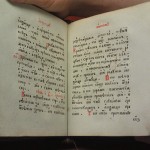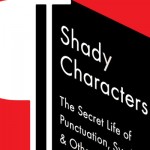It’s a Russian movie (original title, Ostrov) about a young man who is forced during the war to shoot his captain. Right after the tragedy, he ends up at a monastery and begins a tortured life of repentance, which frequently drives his fellow monks to exasperation. The movie primarily follows the closing chapter of Fr. Anatoly’s life. Regarded as a holy man, locals flock to him for his spiritual insight. In one scene a fearful young woman comes to him,... Read more
















